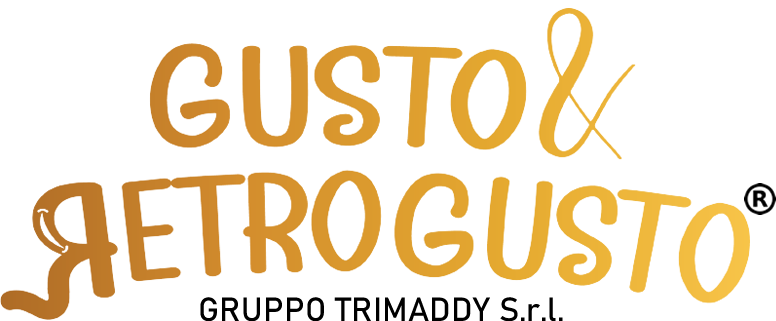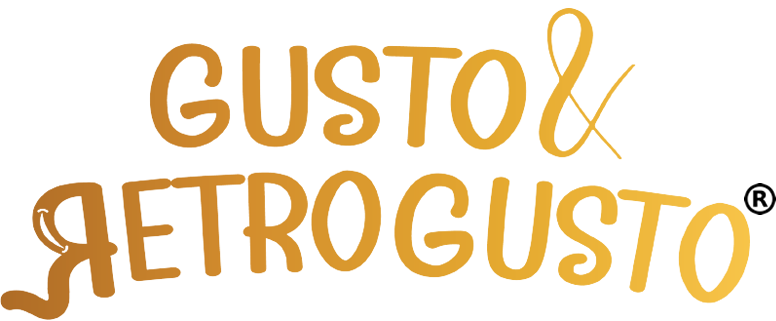- Forging Futures: Expert education news consult Insights Drive a Revolution in Learning & Student Outcomes.
- The Rising Influence of EdTech and Personalized Learning
- The Evolving Role of Assessment
- Addressing the Achievement Gap
- The Importance of Social-Emotional Learning
- Teacher Development and Retention
- The Future of Learning: Adapting to a Changing World
Forging Futures: Expert education news consult Insights Drive a Revolution in Learning & Student Outcomes.
The landscape of learning is undergoing a dramatic transformation, propelled by continuous advancements in pedagogy, technology, and an evolving understanding of student needs. Staying abreast of these changes is crucial for educators, administrators, and policymakers alike. Effective education news consult services are becoming increasingly vital, providing insights into emerging trends, best practices, and innovative solutions that can shape the future of education. This necessitates a proactive approach to gathering and analyzing information, ensuring that educational institutions remain at the forefront of progress and are well-equipped to prepare students for the challenges and opportunities of the 21st century.
The Rising Influence of EdTech and Personalized Learning
Educational technology, or EdTech, is no longer a supplementary tool but a core component of modern education. From interactive whiteboards and learning management systems to artificial intelligence-powered tutoring programs, technology is revolutionizing how students learn and how teachers teach. This shift has created new demands for professional development and necessitates a critical evaluation of the effectiveness of different EdTech tools. Personalized learning, a pedagogical approach that tailors instruction to individual student needs and learning styles, is another key trend gaining momentum.
However, the integration of EdTech and personalized learning isn’t without its challenges. Ensuring equitable access to technology, addressing digital literacy gaps among students and educators, and protecting student data privacy are all significant considerations. Successful implementation requires a strategic vision, robust infrastructure, and ongoing support for teachers. Below is a table outlining some popular EdTech tools and their respective benefits.
| Khan Academy | Free, comprehensive educational resources | Students of all ages |
| Google Classroom | Streamlined assignment management and communication | Teachers and Students (K-12) |
| Quizizz | Engaging formative assessment | Teachers and Students (K-12) |
| Nearpod | Interactive lessons and virtual field trips | Teachers and Students (K-12) |
The Evolving Role of Assessment
Traditional standardized tests are facing increasing scrutiny, with educators and researchers questioning their validity and relevance in measuring student learning. There is a growing movement towards more authentic assessment methods, such as project-based learning, portfolios, and performance tasks, that provide a more holistic picture of student understanding. This shift requires a fundamental rethinking of how we evaluate student progress and determine accountability.
Education news consult offers valuable insight into best practices for authentic assessment. Furthermore, the increasing use of data analytics in education presents both opportunities and challenges. Analyzing student data can help identify learning gaps, track student progress, and personalize instruction. However, it is crucial to ensure that data is used ethically and responsibly, with a focus on student privacy and equity. Here are some primary assessment method changes.
- Shift from rote memorization to critical thinking skills.
- Increased emphasis on formative assessment.
- Integration of technology into assessment practices.
- Focus on measuring conceptual understanding rather than factual recall.
Addressing the Achievement Gap
The achievement gap – the difference in academic performance between different student groups – remains a persistent challenge in many educational systems. Factors such as socioeconomic status, race, and access to quality education all contribute to this gap. Addressing it requires a multi-faceted approach that focuses on equity, access, and opportunity. Investing in early childhood education, providing targeted support for disadvantaged students, and creating inclusive learning environments are all essential steps. Furthermore, access to resources such as well-trained teachers, up-to-date materials, and appropriate technology can significantly impact student achievement.
The Importance of Social-Emotional Learning
Recognizing the impact of students’ emotional well-being on their academic success, there is a growing emphasis on social-emotional learning (SEL). SEL encompasses skills like self-awareness, self-regulation, social awareness, relationship skills, and responsible decision-making. Promoting SEL in schools can create a more positive and supportive learning environment, reduce behavioral problems, and improve student outcomes. This is where education news consult services can really help institutions in discovering new ways to conduct SEL practices.
Teacher Development and Retention
Attracting and retaining qualified teachers is essential for the success of any educational system. However, teacher burnout, low salaries, and lack of professional development opportunities are contributing to a teacher shortage in many areas. Investing in ongoing professional development, providing mentorship programs, and creating a supportive work environment can help retain experienced teachers and attract new talent. Additionally, providing opportunities for teachers to collaborate and share best practices can foster a sense of community and improve teaching quality.
The ongoing demand for skilled educators underscores the need for innovative approaches to teacher preparation and professional learning. Micro-credentialing, online courses, and blended learning models are becoming increasingly popular ways for teachers to enhance their skills and stay up-to-date on the latest pedagogical research. Below is a comparison of traditional and modern teacher training methods.
| Format | Primarily in-person, lecture-based | Blended learning (online and in-person), project-based |
| Focus | Theoretical knowledge | Practical skills and application |
| Duration | Typically 4-year degree | Micro-credentials, short courses |
| Cost | High | Variable, often more affordable |
The Future of Learning: Adapting to a Changing World
The world is changing at an unprecedented pace, and education must adapt to prepare students for the challenges and opportunities of the future. This requires a shift from a traditional focus on rote memorization and standardized testing to a more holistic approach that emphasizes critical thinking, creativity, collaboration, and communication. Lifelong learning will become increasingly important, as individuals will need to continuously update their skills and knowledge to remain competitive in the workforce.
These skills will be critical for navigating a constantly evolving job market and contributing to a globalized society. Institutions are beginning to emphasize project-based learning, experiential education, and real-world problem-solving. Employability skills, like adaptability, resilience, and digital literacy, are also garnering increased attention.
- Focus on developing 21st-century skills (critical thinking, creativity, collaboration, communication)
- Emphasis on personalized learning pathways
- Integration of technology into all aspects of education
- Promotion of lifelong learning
Successful navigation of this evolving educational landscape necessitates continuous learning and adaptation. Staying informed about emerging trends, implementing evidence-based practices, and fostering a culture of innovation will all be essential for ensuring that students are well-prepared to thrive in a rapidly changing world. A continued focus on incorporating education news consult practices will be beneficial for all facets of the education system.

